
Tag Archives Canola Council of Canada

Farmers open to new 4R practices; concerned about risks
About half of western Canadian wheat and canola acres are already officially managed with 4R

Canada can cut fertilizer emissions 14 per cent by 2030, industry groups say
Report touts use of 4R practices
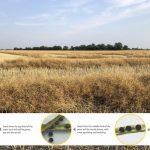
Cut canola later for higher yield
Canola Council launches campaign to persuade farmers of the benefits of patience
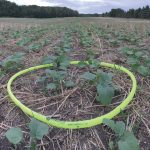
Crowdsourcing canola counts
Results coming in from first year of the Canola Council of Canada’s ‘Canola Counts’ survey

U.S. EPA proposes nod to canola-based biofuel
The April 18 proposal could open up new market opportunities for the oilseed

Canola industry bullish on demand, nervous about emission targets
Greenhouse gas emission targets bring both potential boon and hardship to Canadian canola growers
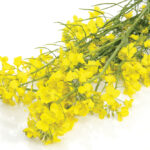
The canola price puzzle
Two years into China’s ban on Canadian canola, a new report pegs the true cost to farmers at as much as $1.3 billion
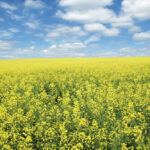
Canola Council of Canada’s Market Access Plan

Carbon tax rebate on grain-drying fuels coming
MP Jim Carr, special representative for the Prairies, reiterated Agriculture Minister Marie-Claude Bibeau’s pledge
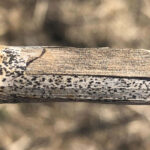
Canola foes the same — but different
Blackleg and verticillium stripe can be confusingly similar


